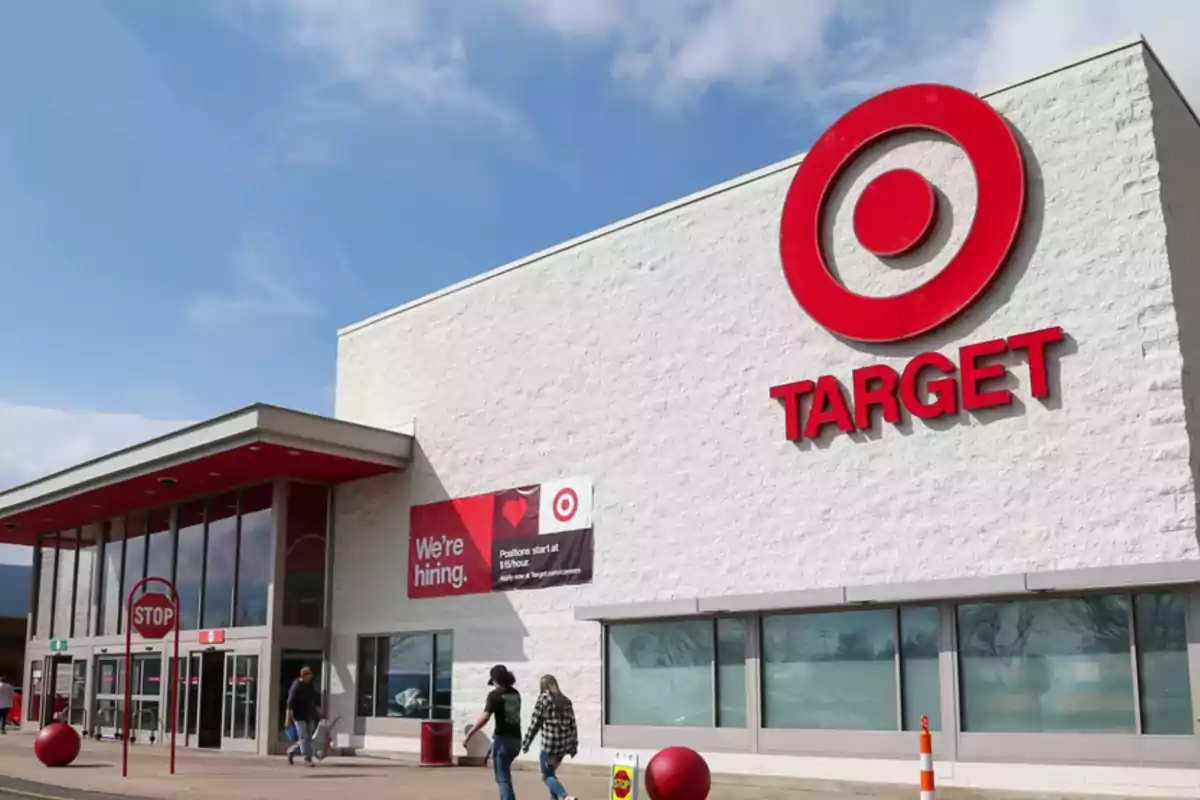
It's official: Target has just made a drastic decision and many Americans are outraged
Target chain makes an unexpected decision that is already generating a strong reaction among its customers
The retail company has surprised its customers with a change that nobody expected. Although it had kept a policy for years that benefited consumers, it has now decided to cut that advantage. The news has caused a flood of criticism among many Americans, who haven't taken long to show their anger on social media.
Since July 28, Target decided to stop matching prices with Amazon and Walmart. Until then, customers could request a refund if they found the same product cheaper on Amazon, Walmart, or Target within the following 14 days. However, since that date, the policy is limited exclusively to prices found in Target's physical stores or on Target's website.

A change that directly affects the wallet
The price-matching policy had been in effect since 2013, which had made it a guarantee for many loyal customers, warns CNN. With this change, consumers will no longer be able to benefit from Amazon's lower prices, a platform known for its constant deals. Meanwhile, Walmart had already eliminated its own price-matching policy in 2019.
According to a company statement, this measure aims to "simplify the process and focus on offering competitive prices directly at Target." However, for many customers, this decision represents a clear loss. On social media, complaints haven't taken long to appear, with users accusing the company of turning its back on the consumer.
The change comes at a delicate time for Target, which has seen its sales fall in recent months. In the last quarter, sales in stores open at least one year dropped by 3.8% compared to the same period the previous year. This drop has set off alarms within the company, which is looking for ways to regain the public's trust.

A complicated economic context
The situation isn't limited only to Target's internal changes. According to its CEO, Brian Cornell, the company has faced "five consecutive months of declining consumer confidence." In addition, uncertainty around possible tariffs has also influenced the negative results of the quarter.
Cornell indicated that they could implement strategies such as adjusting the product offering or even raising prices to counteract possible costs derived from tariffs. He also mentioned the possibility of diversifying suppliers. However, these measures might not be enough if customers perceive that the benefits Target used to offer no longer exist.
The results for the second quarter will be published next August 20. For now, the stock market figures reflect the impact of the situation: its shares have fallen by 25% so far this year. As that date approaches, pressure on the company will increase to prove that it can still compete with giants like Amazon and Walmart.
More posts: